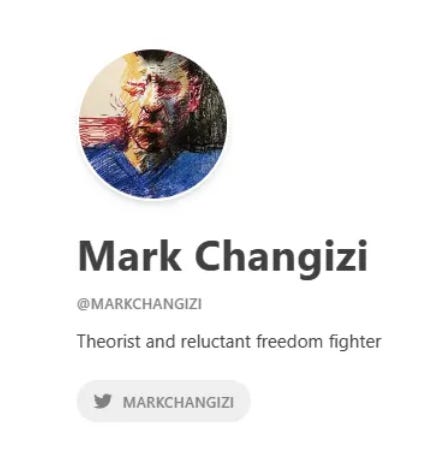A conversation with Mark Changizi
We discuss whether evidence supports premeditated collusion or are result of the emergent behaviour inherent in complex social systems.
After picking up on one of our posts about the effect of quarantines on flu detection Mark Changizi posted a very interesting piece giving his thoughts on the issue:
My impression is that Mark saw the CDC’s rules on flu testing as biased and yet another example of social systems operating with self-confirming feedback loops that reinforce and reward cons…
Keep reading with a 7-day free trial
Subscribe to Where are the numbers? by Norman Fenton and Martin Neil to keep reading this post and get 7 days of free access to the full post archives.








